The Mysterious Henri Bendel’s Legendary New York Department Store and the Worlds He Fashioned
A New Book Explores the Iconic Bendel’s Fashion Emporium
BY Kendall Morgan // 10.12.24The great Lillian Gish wore a morning gown designed by Bendel's in the 1920 film "Way Down East." (Courtesy Library of Congress)
Before Bergdorf Goodman, before Neiman Marcus, before Barneys New York (RIP), there was Henri Bendel. It’s difficult to overstate the influence of this now-defunct New York department store. Still, Bendel and its iconic brown-and-cream striped iconography molded Manhattanites for generations, from The Gilded Age all the way through the Gossip Girl era.
Yet, with no existing diaries, letters, or memoirs from Henri Bendel, the truth behind the store’s mysterious founder has never been told — until now.
Author Tim Allis achieves a fantastic feat of detective work in uncovering the merchant from Lafayette, Louisiana, who transformed himself from Henry, proprietor of dry goods, to Henri, one of the ultimate arbiters of taste, style and branding. A former senior editor of InStyle (as well as a former staff writer at D Magazine), Allis has a personal tie to Bendel. He grew up in Bendel Gardens, a South Louisiana subdivision built by the retail magnate.
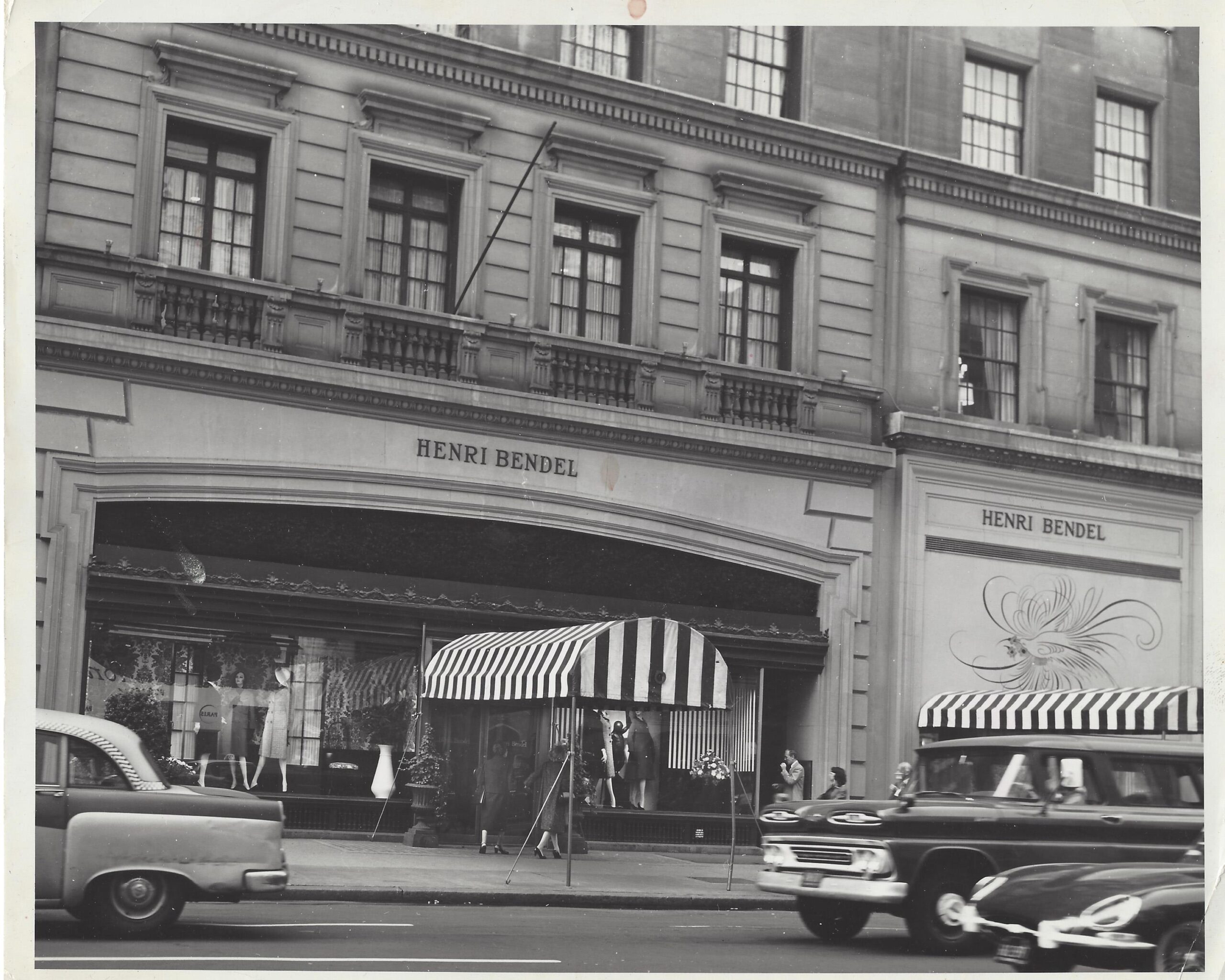
With Henri Bendel and the Worlds He Fashioned (University of Louisiana at Lafayette Press), the author delivers a story that delights on multiple levels. As a scintillating biography, a history of the golden age of retail, and a glossy coffee-table tome. Tracing Bendel’s path to New York, where he began his career as a milliner, Allis explores the entrepreneur’s shrewd exploitation of the marketplace that led to New York’s own Rue de la Paix.
Bendel’s innovations are legion, with a line of soaps and perfumes, in-store fashion shows, and clearance sales among them. He was the first retailer to travel regularly to Paris for the collections, bringing the crème de la crème of frocks back for clients and interpreting trends more affordably (with permission) for women on a budget. Bendel was the first to sell Chanel to an American market — a fact that alone should solidify his place in fashion history.
Instead of ending with the proprietor’s untimely death from a heart attack in 1936, the book uncovers the store’s second successful era under Geraldine Stutz, whose canny guidance brought to the mix designers Michael Kors, Ralph Lauren and Stephen Burrows.
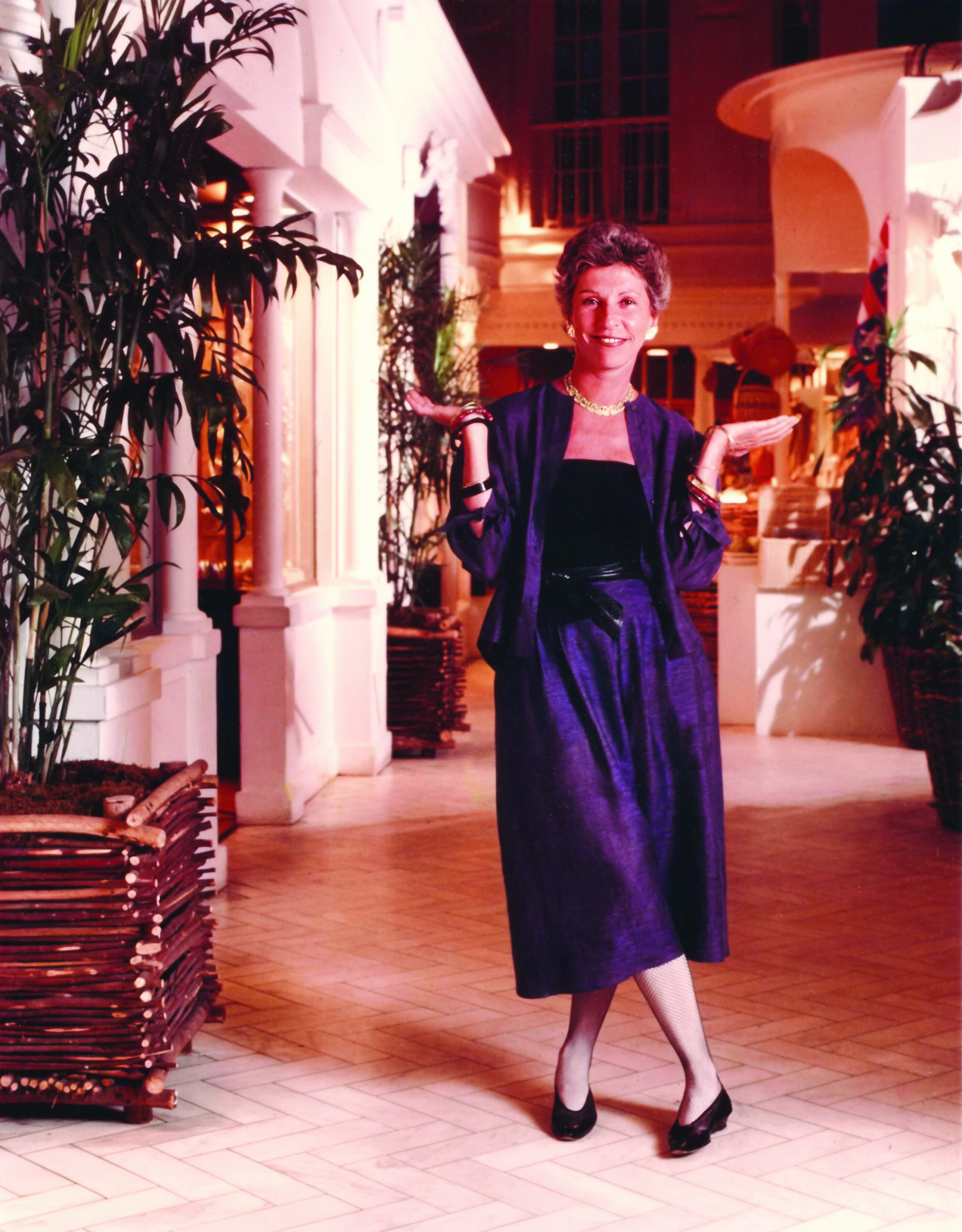
Even a move around the corner from West 57th Street to Fifth Avenue didn’t slow Bendel’s influence. But its purchase by The Limited Corporation in the mid-1980s did. Sailing along with high-profile brands and glamorous events in the 1990s, the shop was ultimately damaged by an expansion into malls and a transformation into an accessories-only boutique before it ended with a whimper in 2019.
Yet the impact of this international fashion destination remains. At its best, Henri Bendel serves as a stylish memorial to a store Women’s Wear Daily once wrote was “so special, shoppers grow misty eyed talking about it.”
“Fifth Avenue will live, with or without Bendel’s. But for those of us who grew up believing that the place was a symbol of fortunate and fashionable adulthood, those brown-and-cream stripes deserve a proper eulogy.” — Sloan Crosley in the New Yorker










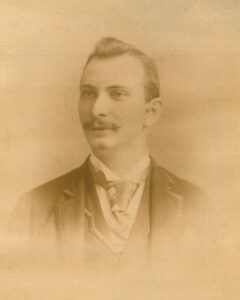
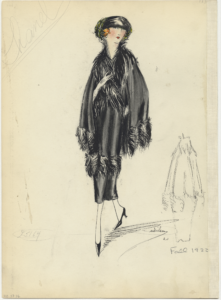

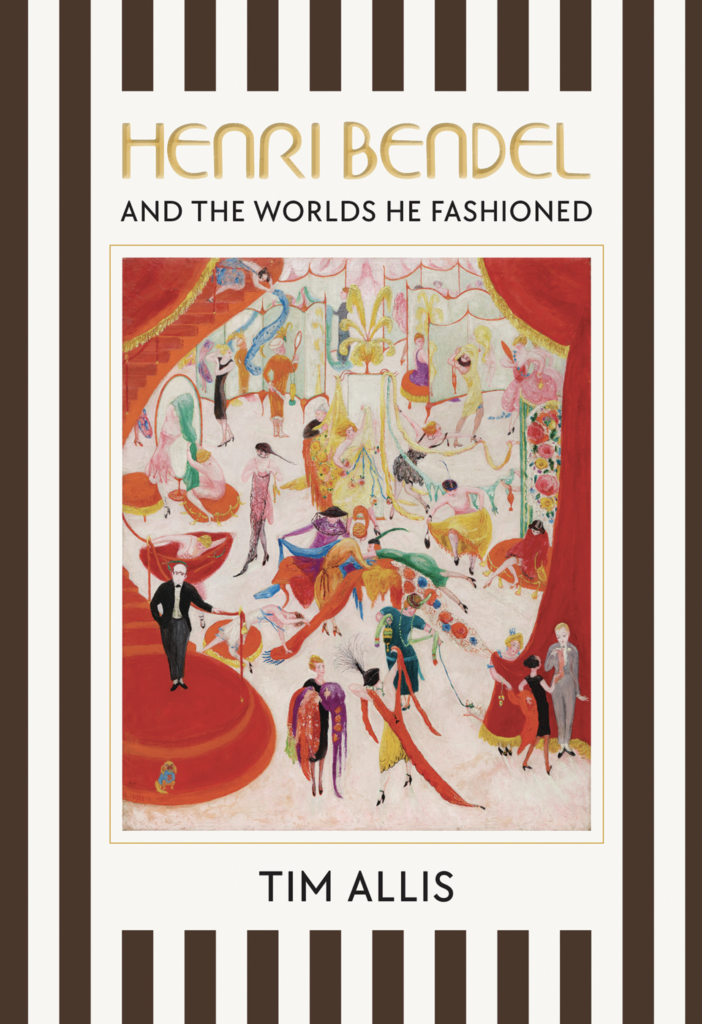
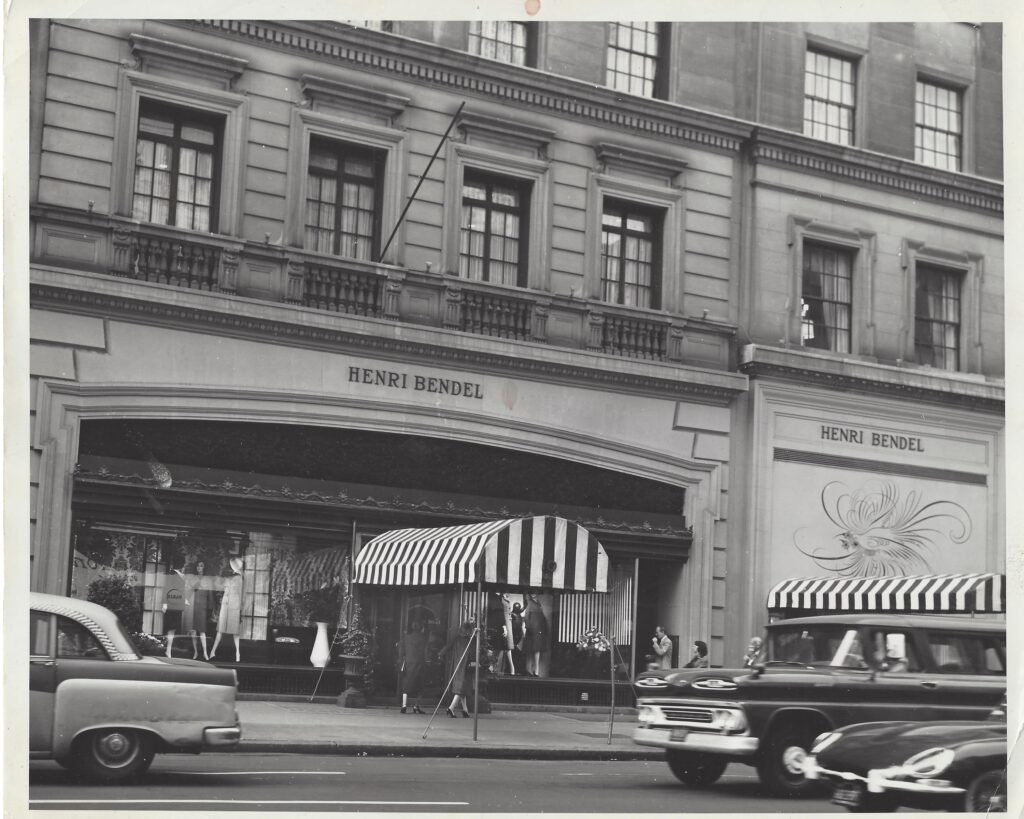
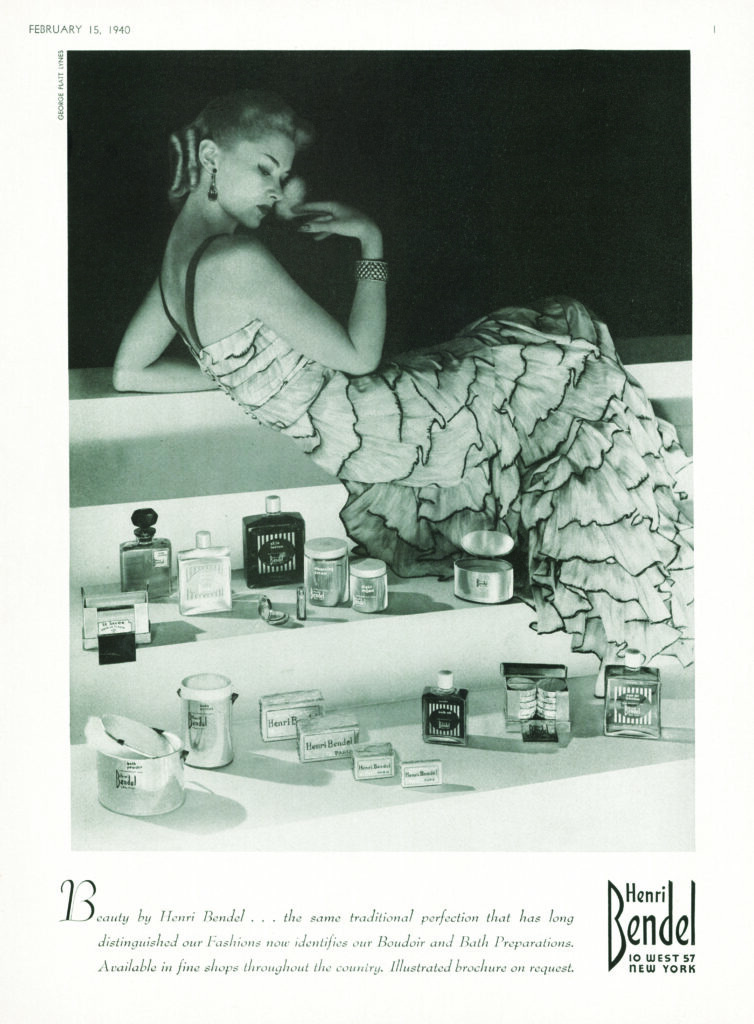
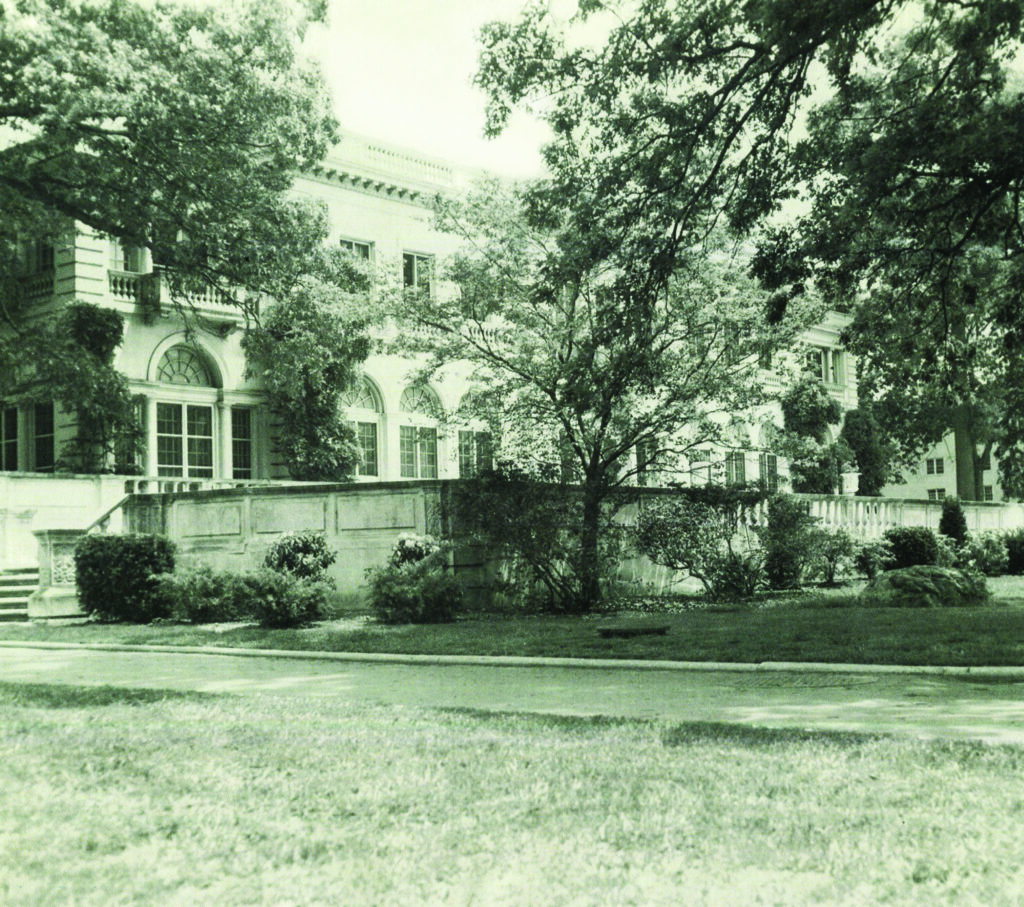
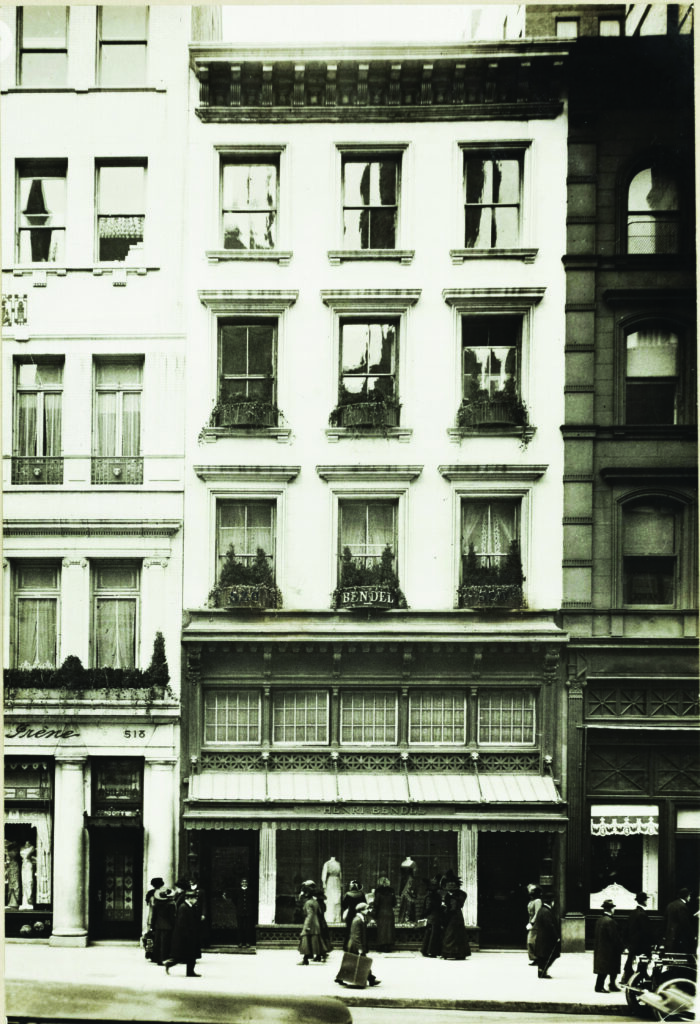
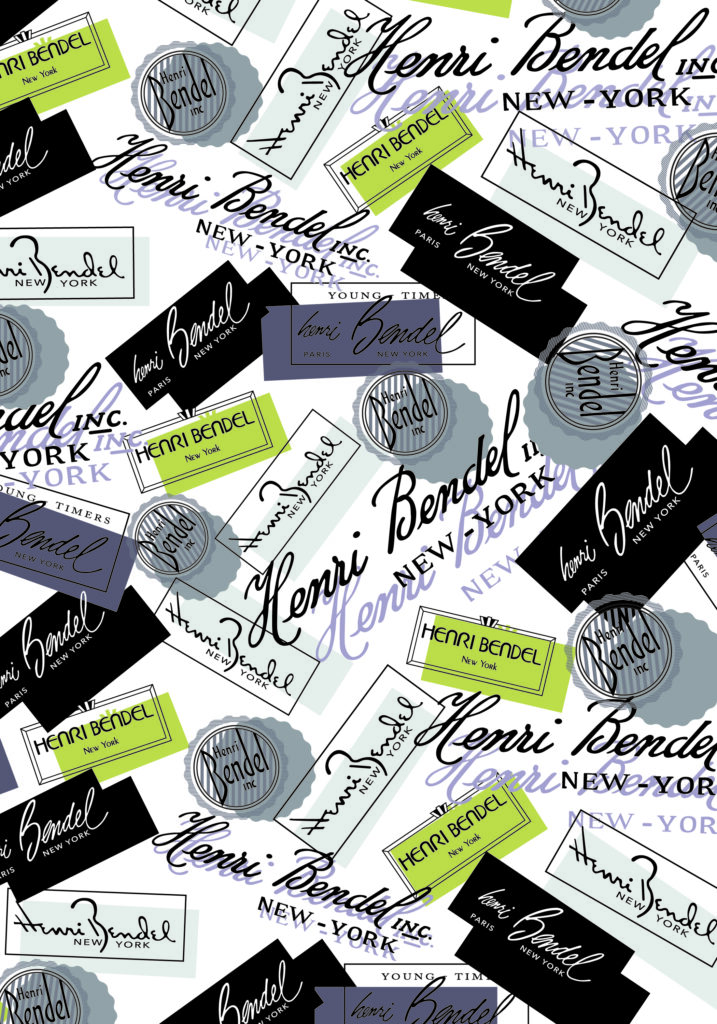
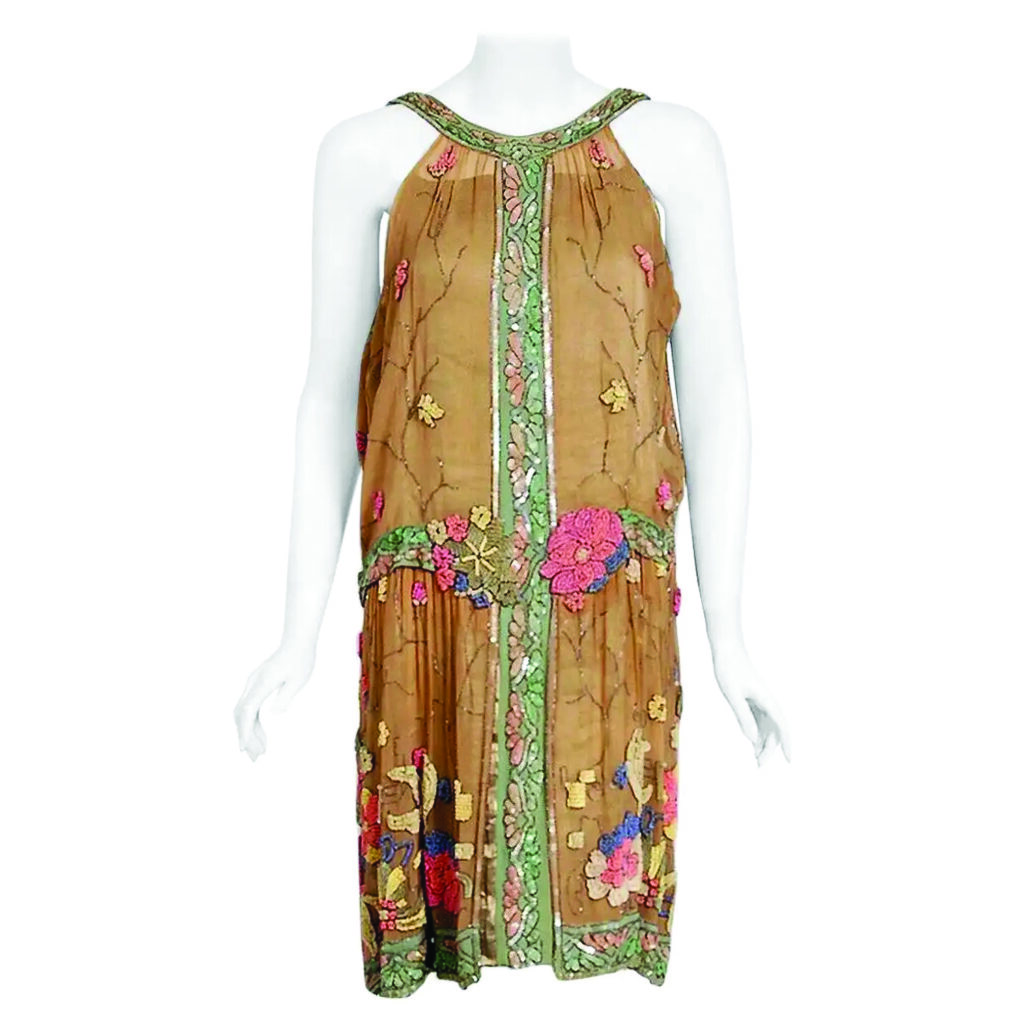
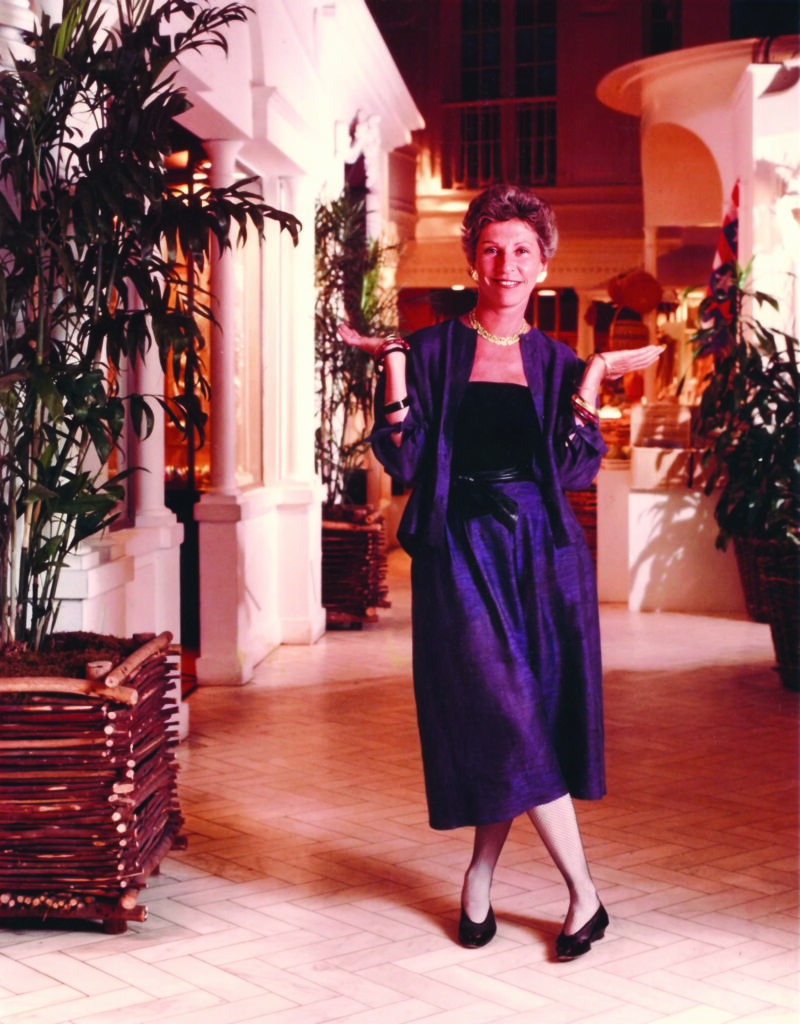
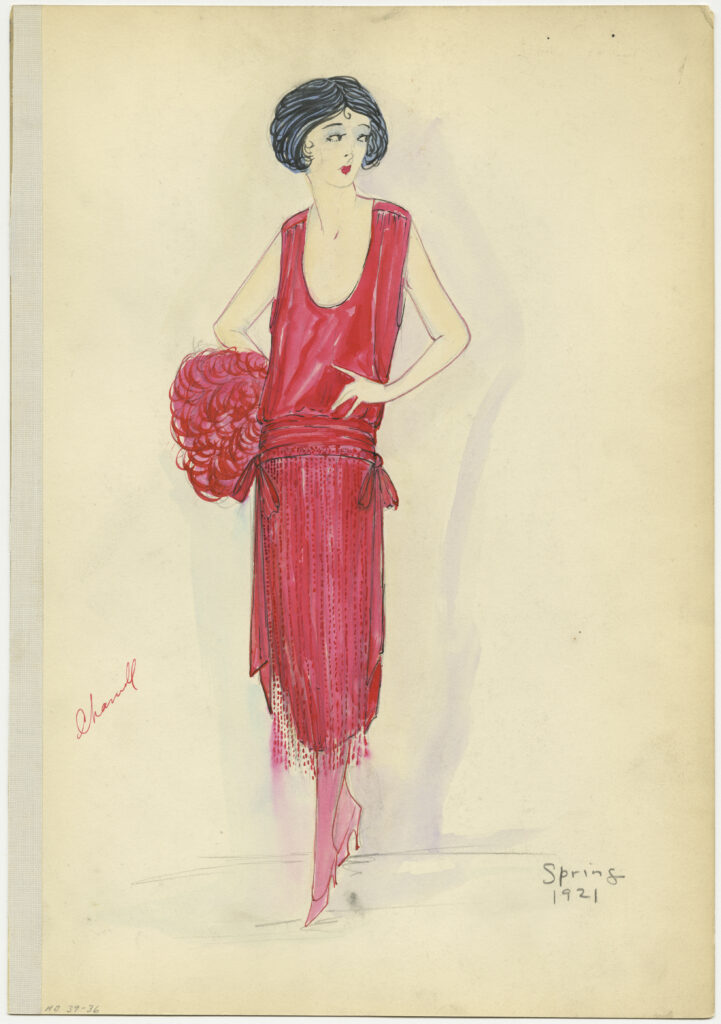
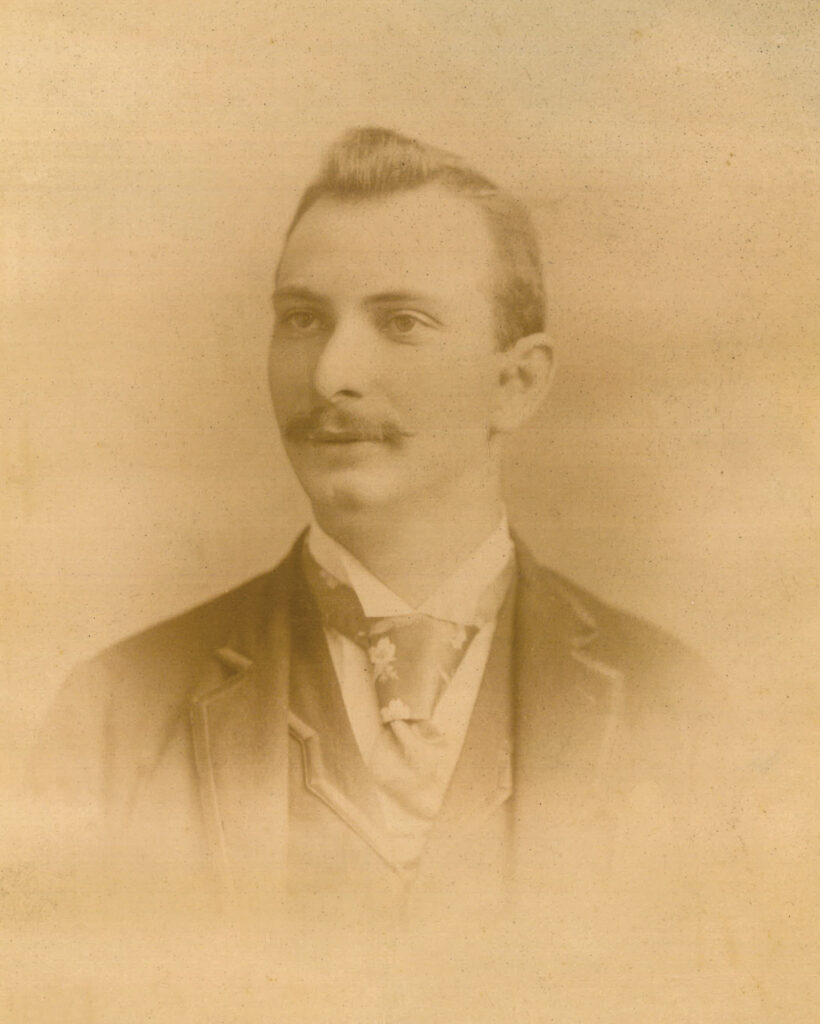
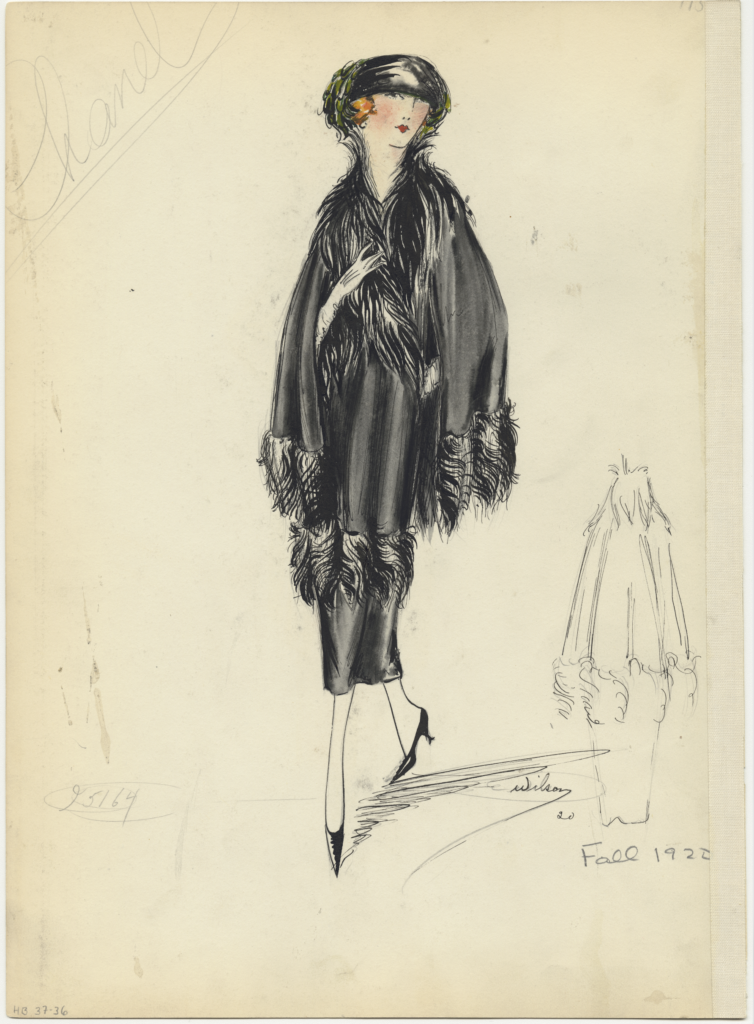









_md.jpeg)


